Introduction International law covers a wide range of topics like human rights, trade, environmental protection, and conflict resolution. It also serves as the framework for how nations interact with one another. International law adapts to new realities and influences the behavior of states and international organizations as global challenges change. This daily update examines key cases, treaties, and legal reforms that are influencing the global legal landscape to highlight recent developments in international law.
Key Developments in International Law
1. The International Criminal Court (ICC)
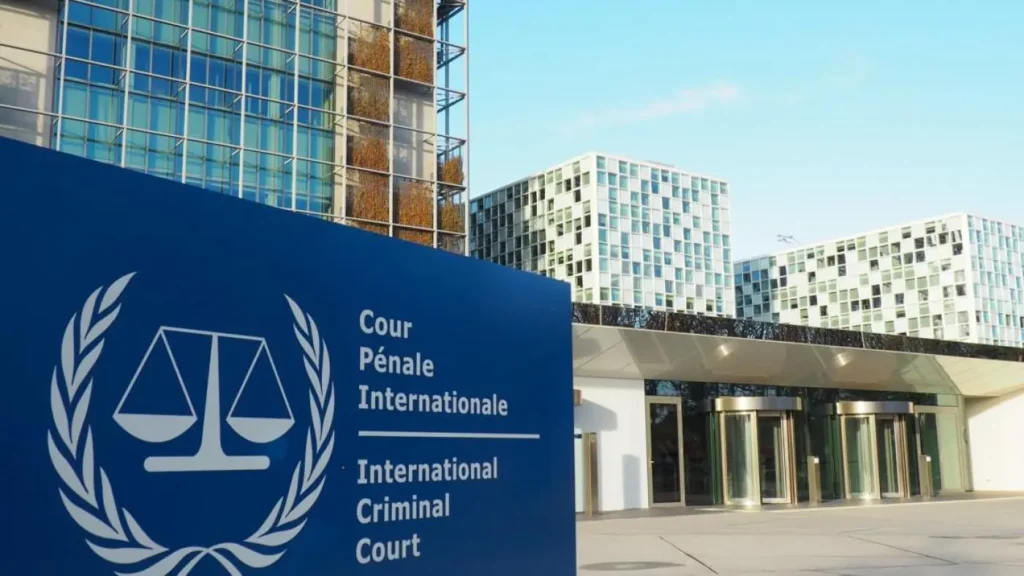
Announces Expansion of Investigations The International Criminal Court (ICC) has announced that it will expand its investigation into alleged crimes against humanity and war crimes committed in conflict zones all over the world.
Recent Events:
The International Criminal Court (ICC) is stepping up its investigation into the conflict in Yemen, focusing on the alleged atrocities committed by all parties, including the use of child soldiers and attacks on civilian infrastructure.
The International Criminal Court (ICC) has expanded its investigation into the systematic violence and displacement of the Rohingya Muslim minority in Myanmar.
Following the escalation of hostilities in Ukraine, the court is also looking into potential war crimes, particularly attacks on civilians and the use of prohibited weapons.
Impact on the World:
The actions of the International Criminal Court (ICC) play a significant role in bringing international crimes’ perpetrators to justice and holding them accountable.
However, the ICC continues to face difficulties, such as accusations of bias and limited state cooperation, particularly from African nations that have criticized the ICC’s focus on their continent.
2. Disputes Under the United Nations
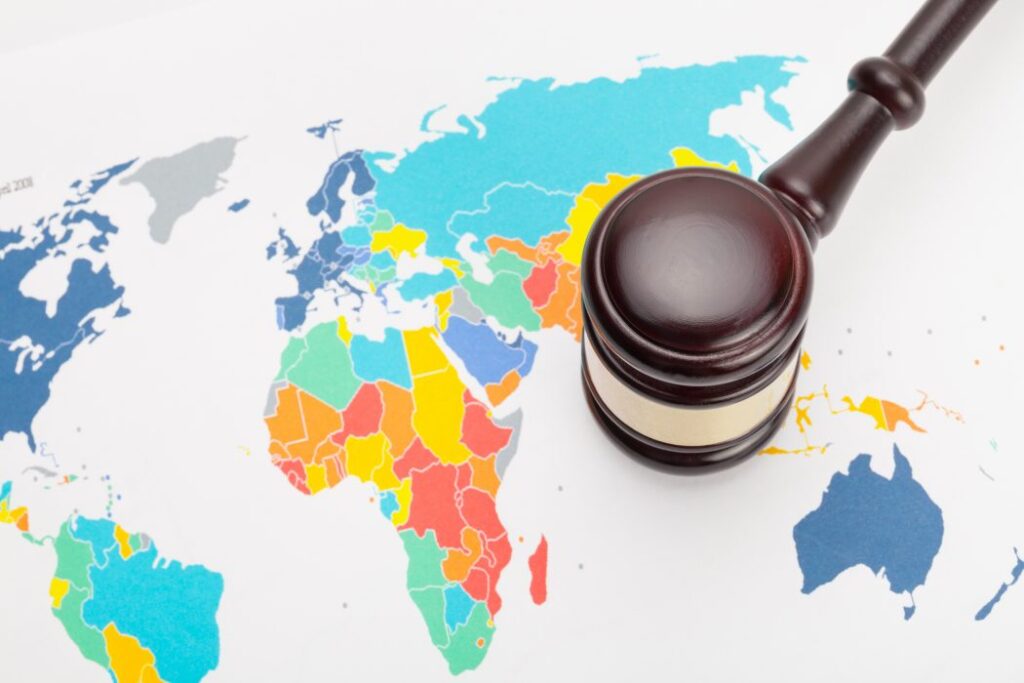
Convention on the Law of the Sea (UNCLOS) International arbitration panels and courts are currently addressing a number of prominent disputes under the UNCLOS.
Principal Controversies:
The Philippines and China are continuing their legal dispute over maritime rights and claims to sovereignty in the South China Sea, which remains a flashpoint. The 2016 decision that China’s claims to historic rights in a large portion of the South China Sea have no legal basis under UNCLOS has been reaffirmed by recent rulings.
Canada and Russia are fighting over the expansion of their continental shelves in the Arctic. Both countries have claims that overlap in the Lomonosov Ridge area. The region’s resource exploration and environmental protection will be significantly affected by this issue.
Greece and Turkey are fighting over their rights to underwater resources and maritime boundaries in the Eastern Mediterranean. There have been calls for a UNCLOS-facilitated negotiation to resolve this conflict.
Impact on Law and Geopolitics:
The significance of international law in resolving complicated maritime issues and ensuring the peaceful use of the world’s oceans is made clear by these disputes.
The outcomes of these cases may serve as important examples for how similar disputes will be resolved in the future, particularly in areas where strategic interests and claims overlap.
3. Rights of Humanity and International Law:
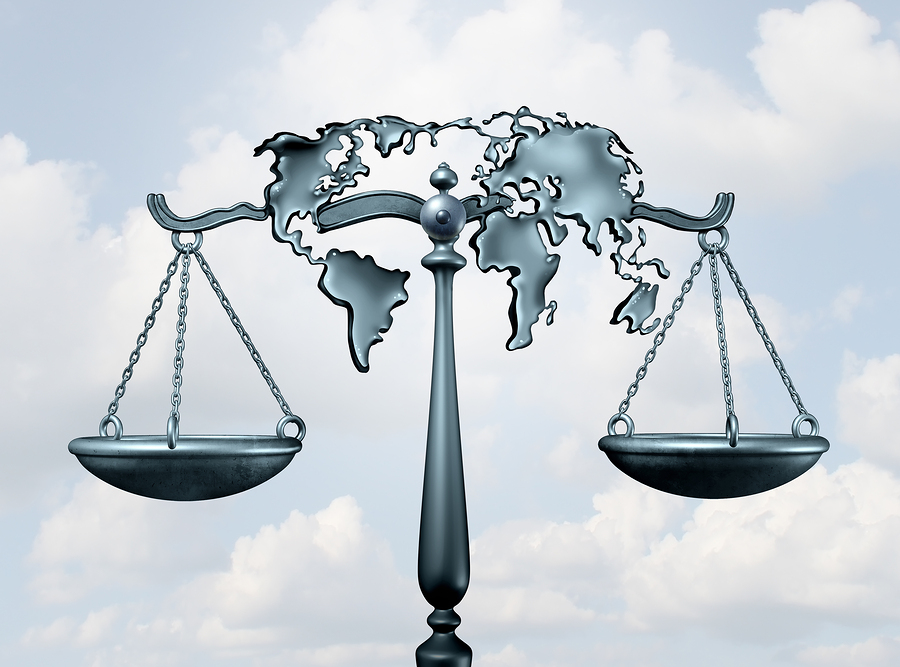
New Developments Human rights are still at the center of international law, and recent developments have addressed both new and ongoing issues.
Recent Decisions and Cases:
In a recent ruling, the European Court of Human Rights (ECHR) found that Hungary’s restrictive policies were in violation of international human rights law and ruled against the country for its treatment of asylum seekers. Other European nations with policies similar to this one could be affected by this decision.
Reaffirming Indigenous peoples’ sovereignty over specific lands and their right to self-governance, a landmark Supreme Court case addressed their rights in the United States. International indigenous rights law is expected to be influenced by this decision.
A case involving allegations of genocide committed against the Rohingya people brought by The Gambia against Myanmar is currently being heard by the International Court of Justice (ICJ). This case has the potential to set important legal precedents regarding the obligation of states to prevent genocide.
Impacts on the World:
The significance of international law in safeguarding human rights and holding governments accountable for violations is emphasized by these rulings and cases.
They also show that courts and international organizations are becoming more open to addressing issues of state sovereignty in the context of human rights obligations.
4. International law
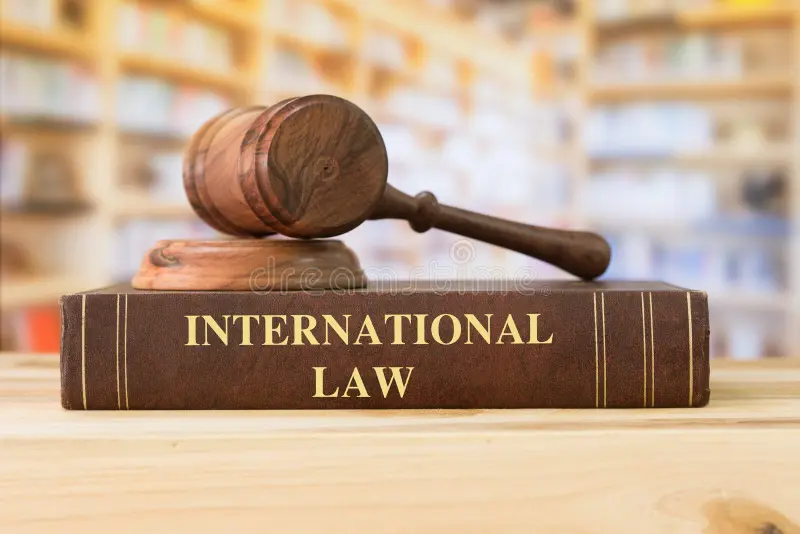
Is increasingly being utilized as a tool for addressing environmental issues because climate change continues to be one of the most pressing global challenges.
Recent Happenings:
Following a request from several Pacific Island nations, the International Court of Justice (ICJ) is considering an advisory opinion regarding the legal obligations of states regarding climate change. This opinion might make it clear what obligations states have under international law to cut down on emissions of greenhouse gases and protect vulnerable populations.
A significant case in Europe saw the Dutch Supreme Court order the government to reduce carbon emissions more aggressively, establishing a global precedent for climate litigation.
Indigenous groups have filed a lawsuit against the Brazilian government at the Inter-American Court of Human Rights, claiming that the government failed to safeguard the Amazon rainforest and its inhabitants. This case may broaden the scope of environmental protection under international law.
Impact on the Law and the Environment:
These cases show how international law is being used more and more to fight climate change and protect the environment, especially through legal action to hold governments and businesses accountable.
Stronger international legal frameworks for environmental protection and increased pressure on states to fulfill their climate commitments may result from these cases’ outcomes.
New Directions in International Law Cybersecurity, digital rights, and the regulation of emerging technologies are just a few of the new challenges that international law is addressing as technology continues to rapidly advance.
The Key Issues:
Calls for international norms and treaties to regulate state behavior in cyberspace have increased as a result of the rise of cyberattacks and digital espionage.
At the United Nations, there are ongoing discussions about how artificial intelligence (AI) should be regulated, particularly in regards to autonomous weapons, data privacy, and algorithmic bias.
The digital divide is also being addressed by international law, with an emphasis on ensuring worldwide equitable access to the internet and digital technologies.
Plans for the Future:
As nations attempt to strike a balance in the digital age between innovation, security, and human rights, the development of international digital and cyber law is likely to become a major focus in the coming years.
In order to create effective legal frameworks that are able to keep up with technological advancements, it will be crucial for nations, technology companies, and international organizations to collaborate.
5. Economic Sanctions and International
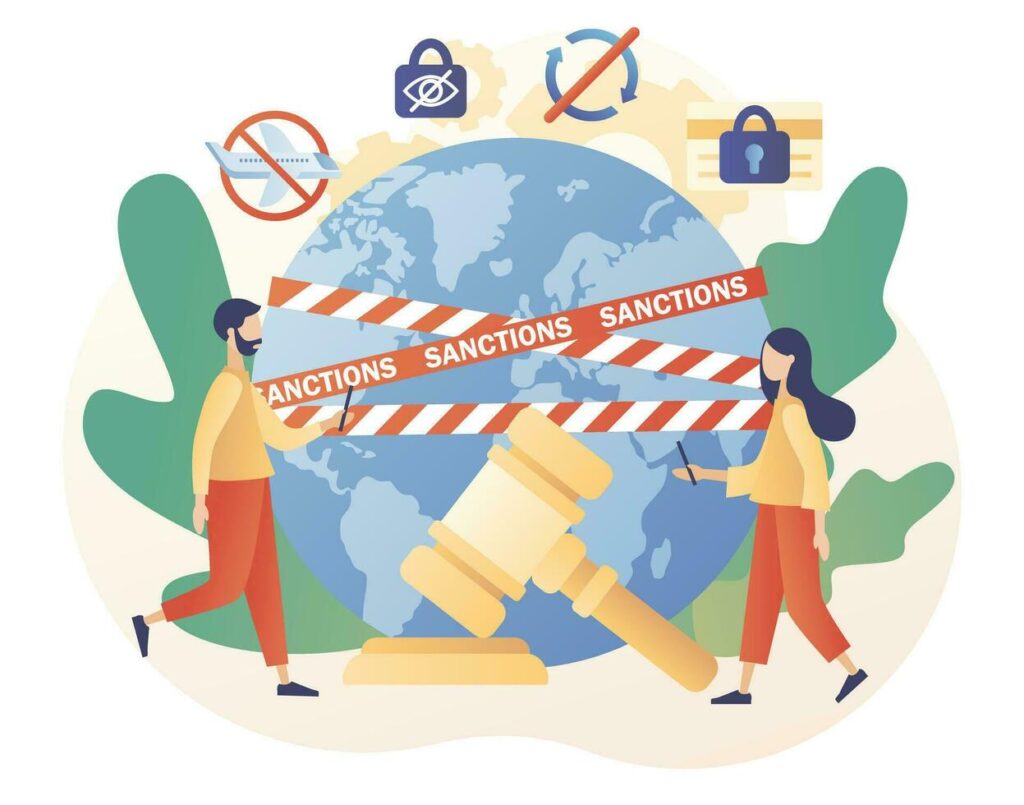
Trade Law The field of international trade law is still evolving, with recent developments focusing on trade agreements, economic sanctions, and disputes.s
Recent Happenings:
The World Trade Organization (WTO) has been involved in resolving trade disputes involving tariffs, intellectual property rights, and market access between major economies like the United States and China.
In response to geopolitical tensions and human rights violations, new sanctions regimes are being implemented against countries like Russia, Iran, and North Korea. Economic sanctions have become a prominent tool of international law.
The most recent implementation of the African Continental Free Trade Area (AfCFTA) established the world’s largest free trade area in terms of the number of participating nations. This development has significant repercussions for international trade law throughout the world, including in Africa.
Economic and Legal Impact:
These developments highlight the ongoing significance of international trade law in resolving global market disputes and regulating economic relations between nations.
It is likely that economic sanctions will continue to be used as a tool of international law, which raises questions about their effectiveness and compatibility with more general principles of international law.
Conclusion
The complexities of a globalized world are reflected in the vital and evolving field of international law. It is crucial in addressing a wide range of issues, including digital governance and trade to human rights and environmental protection, as recent developments demonstrate. The way nations interact, settle disputes, and work together to address global issues will continue to be influenced by the development of international law. Stay tuned for more information about the most recent developments in international law as they occur globally.



